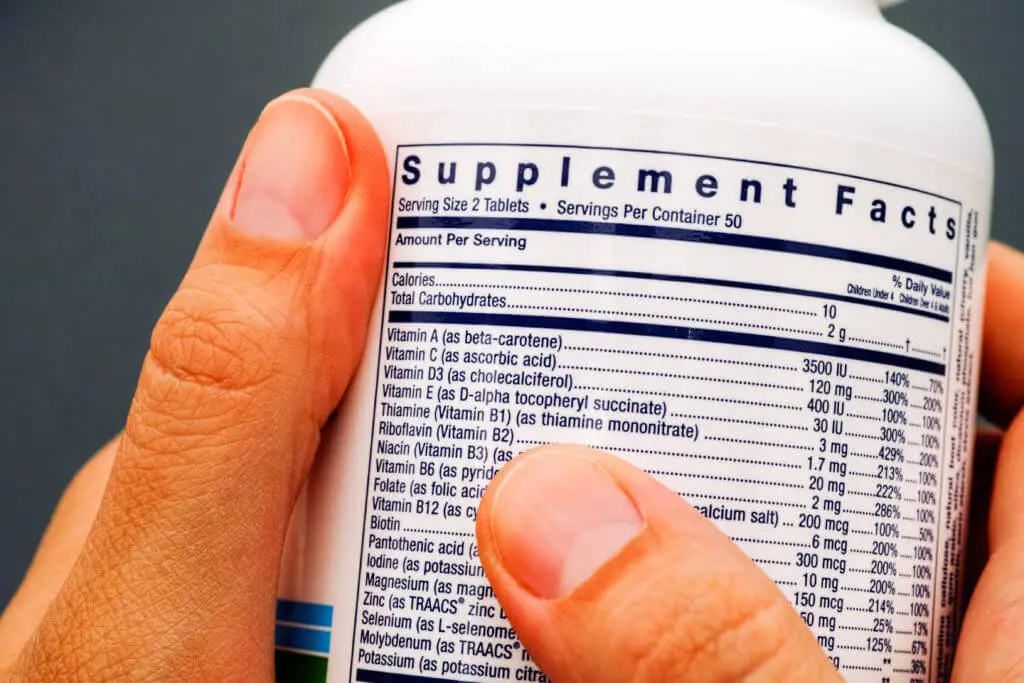High protein diets and recipes are getting all the attention on social media these days. Almost everyone is trying to figure out the next “trick” to fit more into their diet. Putting cottage cheese in cookie dough or using Greek yogurt over sour cream on taco night are some of the great ones. Regardless of the next new way to do it, protein powders always seem to be the most common way to add some muscle-building nutrition to your routine. While the powders may seem pretty harmless at first (they’re just protein, right?), there are things to consider before buying your next batch.
What are proteins actually?
We always hear about how important protein is, but what is it actually?
Protein is an essential macronutrient found throughout our bodies. It can be found in muscles, bones, skin, hair and just about anywhere. In fact, there are at least 10,000 different proteins that build you and keep you where you are. Proteins are made up of over 20 amino acids, but our body cannot produce nine of them, which is why we must ensure that we have a varied diet that allows us to consume them.

What are Protein Powders?
I’m sure you could guess that protein powders are just protein powders. The proteins used by different manufacturers can come from a number of sources such as eggs, milk (such as whey), and plants (such as soy or pea protein). Some powders may include protein from more than one source. For example, some vegan options may have pea protein and soy protein all in one.
A little less known is that these products are not regulated at all by the US Food and Drug Administration (FDA) because they are considered dietary supplements. Essentially, this means that you need to trust that any product you buy has been tested well for safety and purity by the manufacturer. This is why it is important to do some research and find a reliable one.

What should you look for in your protein powder?
Added sugars:
- You’d think you really wouldn’t have to worry about this in a protein powder, but just like almost all other ultra-processed foods, you do. Some have just a little or none, while others have it as a second ingredient. Some protein powders can contain over 20 grams of protein per scoop, which is nearly the recommended maximum in a day. Sugar-free (or very little) protein powder is a great way to stabilize your blood sugar with a meal that would otherwise send it skyrocketing. For example, a bowl of oats with honey has some fiber to help slow the sugar spike, but add a little protein and it will greatly reduce that spike and keep you fuller longer.
Chemical contaminants:
- Since these powders aren’t regulated by a government agency, it’s up to the companies to test their products for contaminants. Unfortunately, protein powders are known to have harmful contaminants due to the manufacturing process and toxins in the soil. Most commonly, you’ll find lead, arsenic, cadmium, mercury, and bisphenol-A (BPA). You’ll be hard-pressed to find a protein powder with absolutely no heavy metals, but there are some out there that test so little for contaminants that they don’t pose a significant risk.
Third party tests:
- Unlike the other two factors, this indicator is what you want to see on a label. Third-party testing occurs when an organization outside the supplement company itself tests the product for quality standards. Doing this is beneficial to the consumer and the manufacturer because it helps you feel more confident about your decision to purchase their product and helps companies build trust with you as their consumer.

Bottom line
Protein powders aren’t bad at all. In fact, they can complement a diet very well if you’re looking to increase or maintain a steady intake. They are often well tolerated by people, but may cause gastrointestinal distress (bloating, gas) or skin reactions for some. At the same time, these products can contain high levels of sugar and heavy metals, which can impact your health internally that may not be so obvious at first.
You can reduce your risk by reading labels and ingredient lists and making sure what you’re interested in has been tested by a third party. Also, remember that protein powder is a supplement. So, if you discover that you have any health problems that may be contraindicated for your use, contact your doctor first.
you may also be interested in:

#protein #powders #healthy #dietitian #scoop
Image Source : studyfinds.org